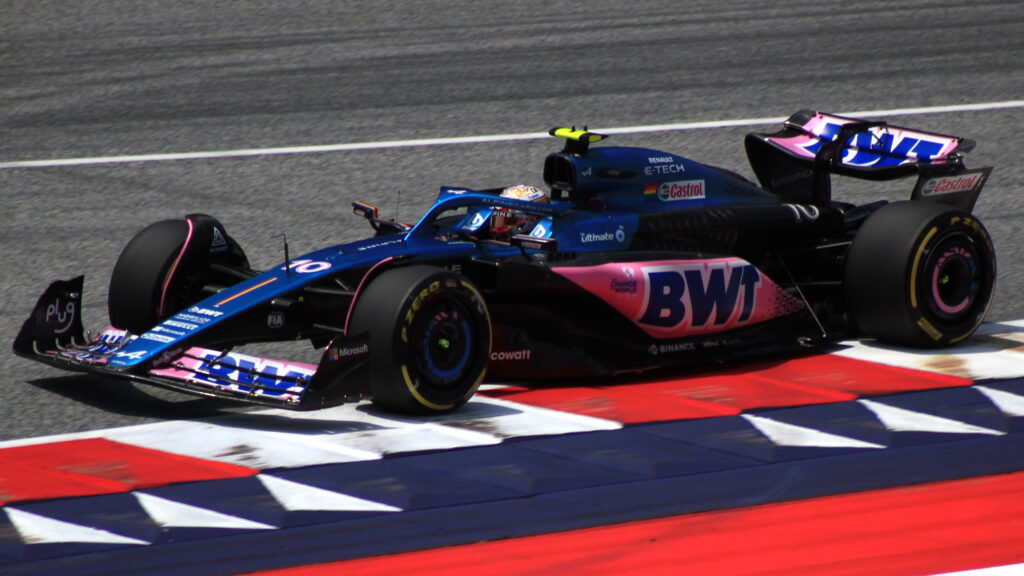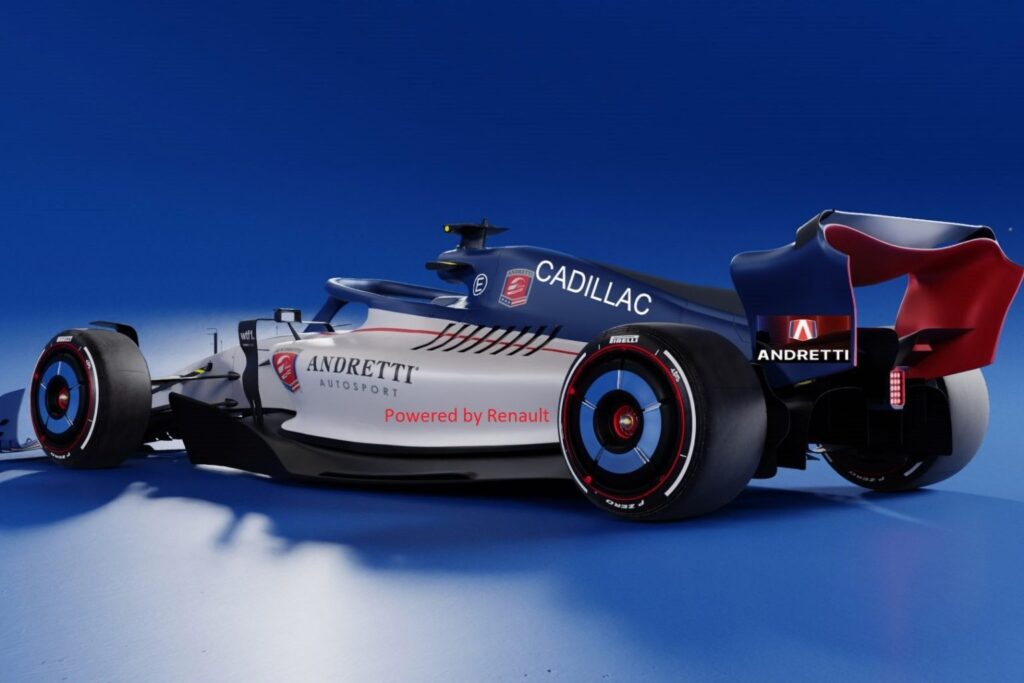Renault, one of Formula 1’s most iconic engine manufacturers, has officially confirmed its exit from the sport as an engine supplier by 2026. This decision marks a significant shift in the F1 landscape, particularly for Alpine, Renault’s works team, which will now transition to using Mercedes engines. The announcement has generated widespread reactions across the F1 paddock, raising questions about the future of both Alpine and Renault’s motorsport ambitions.
Renault’s History in Formula 1
Renault’s impact on Formula 1 cannot be overstated. The French manufacturer first entered the sport in 1977 and quickly became a dominant force, particularly in the 2000s. Renault-powered cars have won multiple world championships, both with their own team and as engine suppliers for teams like Red Bull Racing. Most notably, they powered Red Bull’s dominant four-year run with Sebastian Vettel between 2010 and 2013.
Despite these successes, Renault’s presence in the sport has waned in recent years, and their engines have faced increasing competition from Mercedes and Red Bull’s Honda power units.
Why the Exit?
There are several reasons behind Renault’s decision to withdraw as an engine manufacturer. First, the costs of developing competitive hybrid power units have soared, while other manufacturers, such as Mercedes and Ferrari, have consistently outperformed Renault in recent years. The introduction of new engine regulations in 2026, which will emphasise sustainability and cost control, seems to have accelerated Renault’s decision.
Furthermore, Renault has faced internal restructuring, and the company has decided to focus its resources elsewhere, leaving Alpine to find a new engine supplier.
Alpine’s Future with Mercedes Power
With Renault exiting the sport as an engine supplier, Alpine is set to join the growing list of teams relying on Mercedes power from 2026. This is a significant change, as Alpine has historically been powered by Renault engines since its rebranding from Renault F1 Team.
The move to Mercedes power is expected to boost Alpine’s competitiveness, given the proven performance of Mercedes engines. However, it also raises questions about Alpine’s identity as a team, as they will no longer have the same level of independence they once enjoyed with Renault engines.
What This Means for Formula 1
Renault’s departure signals a shift in Formula 1’s competitive dynamics. Fewer engine manufacturers could mean a more consolidated power unit market, which may reduce the variety of competition but also streamline engine development under the upcoming 2026 regulations. This exit also mirrors Honda’s recent back-and-forth decisions regarding their involvement in the sport, further illustrating the financial and technological challenges manufacturers face in F1.
As Renault steps away, Alpine’s success with Mercedes engines will be crucial in determining whether this shift will help or hinder their progress. F1 fans will be watching closely as the new era of engine regulations unfolds, potentially redefining the sport’s future.




